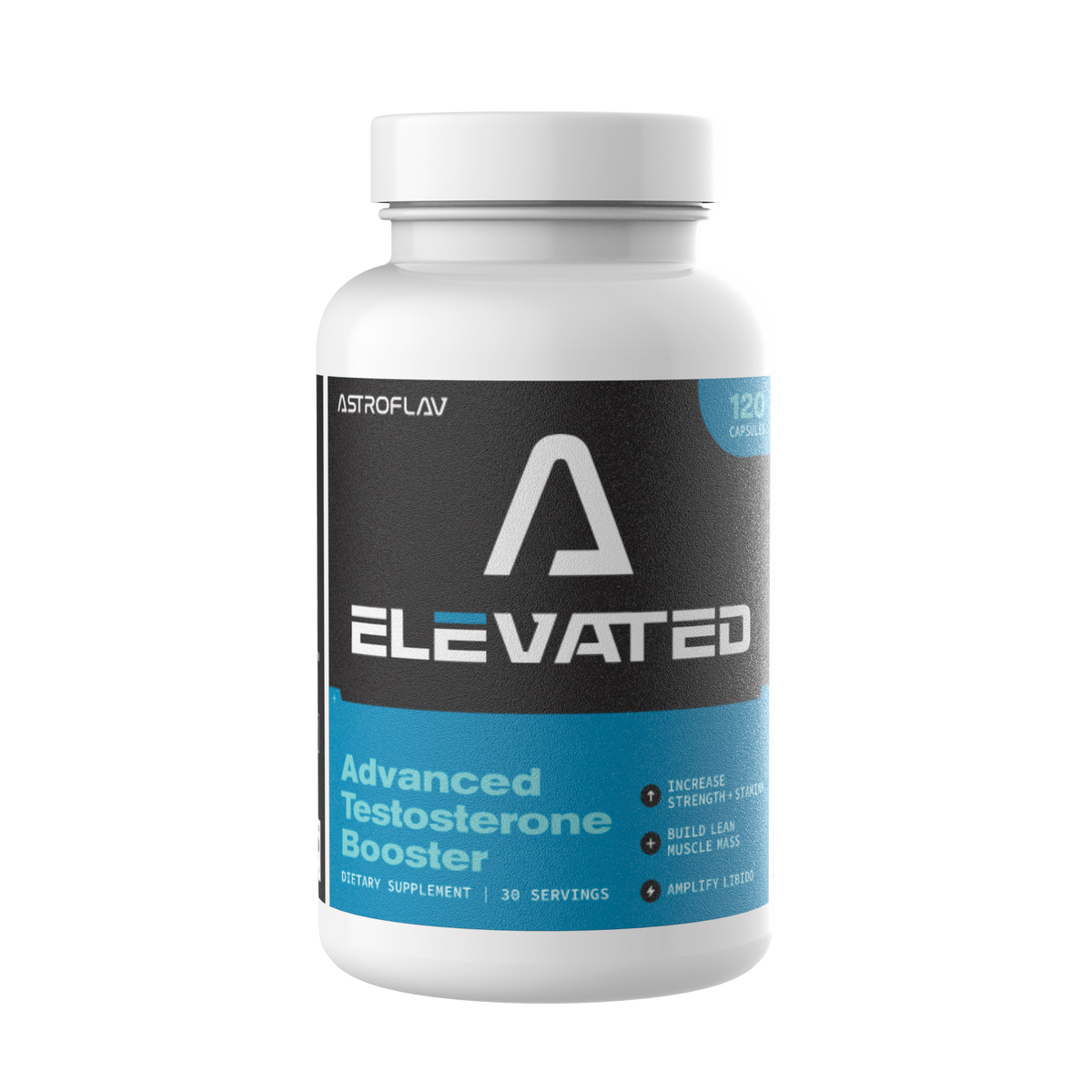5 Myths About Sugar
While most people have a general understanding that sugar is not necessarily a health food and shouldn't be a central component of your diet, there are many misconceptions and questions about how sugar actually impacts our health. For instance, are some types of sugar actually healthier than others? And will cutting sugar from our diets actually improve our health? Keep reading today's blog post to learn five common misconceptions about sugar.
1. All sugar is 'bad' sugar
You’ve probably heard it said that we should all be eating less sugar. What what experts - not diet culture - really mean by this is that we eat should try to eat less added sugar.
Added sugar is what is added to foods to make them taste sweeter. This is different than the sugar which occurs naturally in some foods such as fruit. Natural sugar is not necessarily bad: it includes vitamins, minerals, and nutrients that help offset some of the negative aspects of the sugar content. For instance, fruit contains high amount of fiber which cause our body to absorb sugar at a slower rate.
So what's the takeaway? Don’t worry so much about foods with natural sugar, such as whole fruit or plain dairy (like milk or unsweetened yogurt). It's the foods with added sugar such as baked goods, sugary drinks, or pre-packaged foods that you should enjoy in moderation.
2. 'Minimally processed or natural sugars are better for you'
It’s true that minimally processed sweeteners, like honey or maple syrup, contain more nutrients than highly processed ones, such as white sugar. But the actual difference is so small that whether you consume minimally processed or highly processed sugar probably won't impact your health.
To your body, all sources of sugar are, basically, the same. After all, the digestive tract breaks down all sources of sugar into the same simple sugars called monosaccharides. All monosaccharides deliver 4 calories per gram, resulting in the same impact on your weight.
So, if you are looking to cut down on sugar, keep in mind that both highly and minimally processed sources of sugar have a similar impact on your body.
3. 'You should completely cut out sugar from your life'
Have you heard of diets which claim to completely cut out sugar from your life? Our advice is to steer clear - this claim is altogether unrealistic!
After all, many healthy foods, such as fresh fruit, contain natural sugars. If you are looking to decrease your sugar intake, is far more realistic and beneficial to cut back on added sugars.
That doesn't mean you can't or shouldn't have any sugar, though. The U.S. Dietary Guidelines say that an adult eating 2,000 calories per day should have less than 12.5 teaspoons, or 50 grams, of added sugar per day. For reference, that is about the amount found in a 16-ounce soda.
So, you don't need to cut out sugar from your life. As everything, sugar is best enjoyed in moderation.
4. 'Sugar makes you sick'
Another common myth about sugar is that sugar can make you sick and lead to serious diseases such as Alzheimer's disease, diabetes, or cancer.
This is not exactly correct - moderate sugar consumption has not been linked to an increased risk of death. It is only the cases in which individuals over-do their sugar intake which may lead to health complications.
It is important to note that this is the same case for many foods. If you eat too much bread, potato chips, cheese, or even brown rice, you could be at risk of weight gain.
It is simply an excess of calories which leads to weight gain and the possibility of chronic disease. So, enjoy a doughnut - just make sure to share the box :)
5. 'Sugar replacements are a good alternative'
Sugar replacements are not always the best alternative. Why it may be tempting to trade sugary foods for low or no-calorie sweeteners, there may be alternate ingredients which outweigh the no calorie benefit.
For example, the consumption of sweeteners like aspartame, saccharin, and sucralose have been linked to weight gain - not weight loss - according to an analysis of 37 studies published in the Canadian Medical Association Journal.
In addition, no-calorie sweeteners are have been linked to health complications such as high blood pressure, type 2 diabetes, metabolic syndrome, heart attacks, and stroke.
If you choose to use no calorie sweeteners, just make sure you check out the ingredients.
What's your favorite way to enjoy sugar in moderation?
Share your story with jenniferjames@astroflav.com to be featured in our Facebook community.
Join our family for new videos, discount codes, and more!









